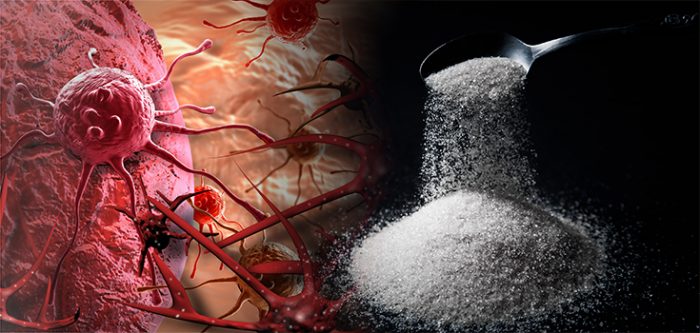The Role of Sugar in Cancer Growth
The relationship between sugar and cancer has been a topic of ongoing research and debate. Tumors have been found to prefer sugar for energy, consuming more glucose than normal cells.
This has led to concerns that excessive sugar intake could fuel cancer growth and spread.
While completely avoiding sugar may not be necessary, reducing excessive intake could play a crucial role in minimizing cancer risks.

The Evidence: How Sugar Contributes to Cancer
Research suggests that high blood sugar levels contribute to conditions such as insulin resistance, obesity, and inflammation, three major risk factors for cancer. Elevated insulin levels promote cell proliferation, which can increase the likelihood of cancerous growths forming.
Additionally, obesity, which is often linked to excessive sugar consumption, is associated with higher cancer rates and poorer outcomes in cancer patients.
Should You Eliminate Sugar Completely?
Completely avoiding sugar is not a practical or sustainable approach for most people, as the body requires glucose for normal functioning. However, mindful consumption of sugar is recommended to reduce potential risks.
Processed sugars and refined carbohydrates, which cause rapid spikes in blood sugar levels, should be limited. Instead, individuals should focus on whole, nutrient-dense foods that help regulate insulin and maintain a healthy weight.
Strategies for Maintaining Balanced Blood Sugar Levels
- Balanced Meals: Structure meals with a balance of macronutrients. Ideally, carbohydrates should make up ¼ of your plate, protein another ¼, and the remaining ½ should consist of colorful, low-glycemic vegetables.
- Choose low-glycemic foods: Opt for whole grains, legumes, and fiber-rich foods instead of refined sugars and processed carbs to prevent rapid blood sugar spikes.
- Pair Carbohydrates with Proteins or Healthy Fats: Consuming carbohydrates alone can lead to sharp blood sugar fluctuations. Pairing them with protein or healthy fats helps stabilize glucose levels.
- Limit Sugary Beverages: Sodas, fruit juices, and other high-sugar drinks contribute to elevated insulin levels and should be replaced with water, herbal teas, or natural alternatives with minimal sugar.
- Stay Physically Active: Exercise helps regulate blood sugar levels and improves insulin sensitivity, lowering the risk of obesity-related cancers.

Understanding Sugar as a Risk Factor
With mounting evidence linking sugar consumption to increased cancer risk, it is essential to take proactive steps in managing dietary habits.
While sugar alone may not directly cause cancer, its role in fostering conditions that encourage cancer growth makes it a significant factor to consider in cancer prevention strategies.
A balanced diet, regular exercise, and mindful sugar consumption can collectively reduce cancer risks and improve overall health. As research continues, it is advisable to stay informed and make dietary choices that support long-term well-being.


